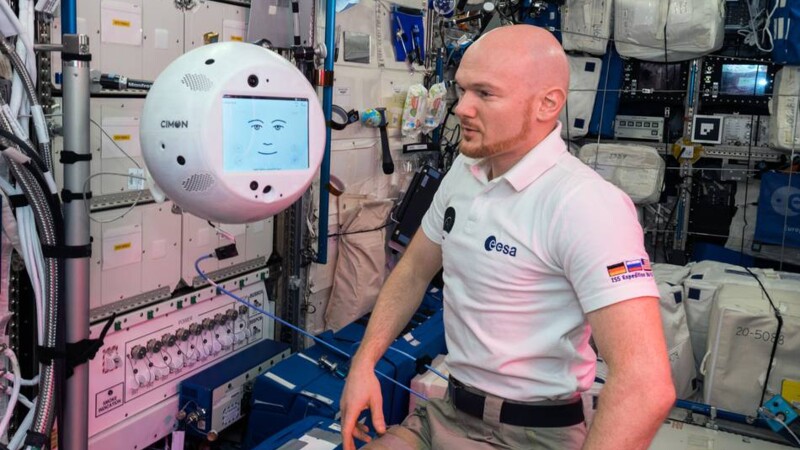Congestion involving trucks in the port costs time, money and nerves and is often avoidable. Traffic flows in the port can be improved using artificial neural networks to predict the number and time of arriving lorries. The Fraunhofer CML has developed a model that uses a digital image of the handling processes of logistical nodes for improved handling.
"Our algorithms learn from past data what kind of arrival rates and handling times can be expected in which situation, and can determine peak times in advance. The forwarders can then react to this information to avoid waiting times. The transparency created for all those involved creates a self-regulating system."




